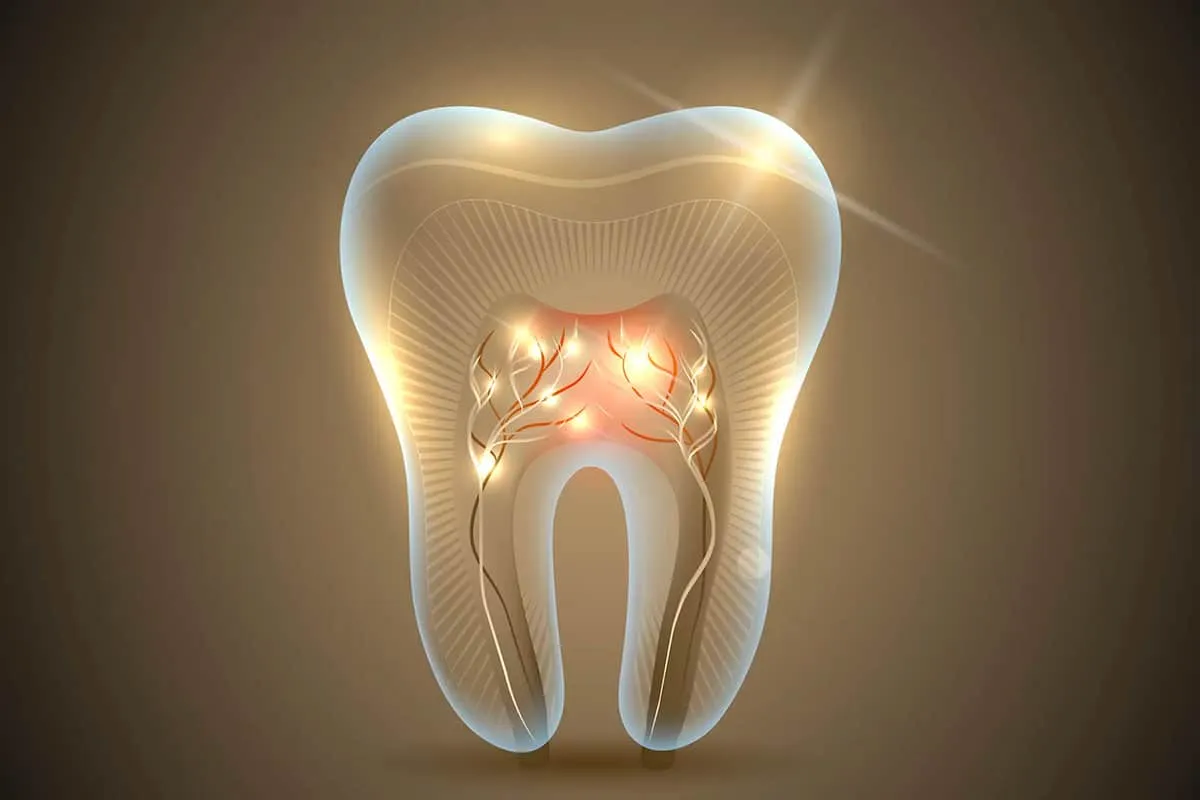Parkinson’s Disease, a debilitating condition gradually eroding brain neurons, takes on a novel dimension with recent research. While mitochondrial defects have long been associated with the disease, researchers from the University of Iowa have unearthed an unexpected link between the intestine, the immune system, and protection against the ailment.
Published in Cell Reports, the findings by these researchers provide compelling evidence that the intestine plays a pivotal role in safeguarding against Parkinson’s Disease. Experiments conducted on the Caenorhabditis elegans worm revealed that immune signals are activated in the intestine in response to mitochondrial abnormalities. This immune activation, the researchers speculate, could act as a shield against the detrimental effects of mitochondrial dysfunctions on neurons.
Veena Prahlad, the study’s lead and a contributor to MedicalXpress, presents a thought-provoking hypothesis stemming from this discovery. The notion suggests that immune cells consistently monitor mitochondrial flaws. This vigilance could be rooted in the endosymbiotic theory, proposing that mitochondria, having bacterial origins, undergo immune surveillance. In essence, the study’s results indicate that the groundwork for protection against Parkinson’s Disease is laid within the intestine.
Originally penned by Agnès Roux in 2013, the article highlights the tight connection between Parkinson’s progression and faulty mitochondrial recycling within cells. This process, known as mitophagy, is essential for clearing out malfunctioning mitochondria. Mitochondria, the cell’s energy producers, are particularly critical for neurons, which are highly active throughout their lifespan. Mitophagy failure could disrupt neuronal development and lead to brain-related issues.
Genes Park2 and Park6, along with their associated proteins, have been implicated in the mitophagy process and linked to Parkinson’s Disease. University College London shed light on a new player, the Park15 gene, which codes for the Fbxo7 protein. This protein interacts with parkin to facilitate mitophagy and maintain a healthy mitochondrial balance. However, in Parkinson’s patients, mutations in the Park15 gene hinder this process, resulting in neuronal degeneration.
The implications of this research are profound. It underscores the pivotal role of mitochondria in maintaining neuronal health and introduces novel avenues for targeted therapies aimed at these structures. Furthermore, the relationship between the intestine, the immune system, and mitochondria opens doors for innovative approaches in the prevention and treatment of Parkinson’s Disease.
The story of Michael J. Fox, the renowned actor battling Parkinson’s Disease, only underscores the urgency of research in this field. His dedication through the Michael J. Fox Foundation for Parkinson’s Research, founded in 2000, has rallied millions of dollars to support research into this debilitating disease. In summary, current research deepens our understanding of the underlying mechanisms of Parkinson’s Disease, paving the way for novel prevention and treatment strategies.




Comments are closed.